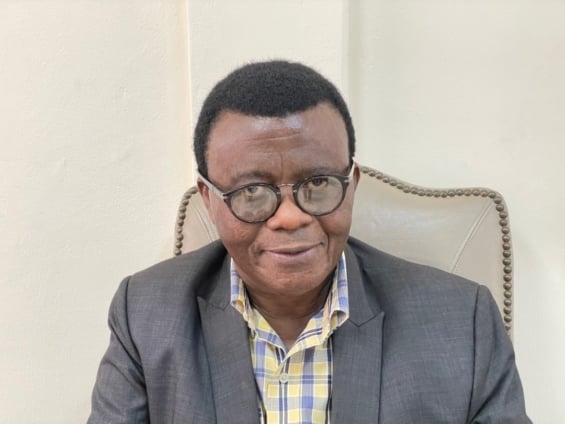Professor Baffour Agyeman-Duah, a seasoned expert in governance and a former advisor to the United Nations, has expressed significant reservations regarding the operational strategy of Operation Recover All Loots (ORAL), a government initiative aimed at reclaiming misappropriated state assets. While endorsing the fundamental objective of recovering stolen public funds and properties, Prof. Agyeman-Duah cautioned against the team’s tendency towards publicizing their activities, arguing that such premature disclosure could jeopardize the legal integrity of future proceedings and potentially undermine the entire recovery effort.
Prof. Agyeman-Duah’s primary concern revolves around the potential damage that public pronouncements could inflict on the legal viability of cases pursued by ORAL. He questioned the rationale behind advertising their investigative efforts, particularly if the gathered information is intended for eventual prosecution by the relevant legal authorities. Premature disclosure, he argued, could taint potential jury pools, alert individuals under investigation, and provide opportunities for the destruction or concealment of evidence. This could ultimately weaken the prosecution’s case and hinder the successful recovery of assets. He emphasized that the pursuit of justice should be conducted with discretion and within the established legal frameworks, prioritizing the strength and integrity of the legal process over public spectacle.
Furthermore, Prof. Agyeman-Duah raised concerns about the potential for reputational damage resulting from the public airing of unsubstantiated allegations. He cautioned against prematurely sharing information that has not been rigorously tested in a court of law. Such actions, he argued, could unfairly tarnish the reputations of individuals who may ultimately be found innocent. The presumption of innocence is a cornerstone of a just legal system, and making public accusations before a court has determined guilt can inflict irreparable harm on individuals, even if they are later exonerated. He stressed that ORAL’s focus should be on meticulously gathering evidence and submitting it to the appropriate authorities for legal processing, rather than engaging in public pronouncements that could prejudice potential legal proceedings.
Drawing parallels with historical instances of asset retrieval efforts under previous regimes, specifically the Armed Forces Revolutionary Council (AFRC) and the Provisional National Defence Council (PNDC), Prof. Agyeman-Duah highlighted the potential for injustice and reputational damage when due process is not followed. He recalled instances where individuals were subjected to harassment and public condemnation based on unproven allegations, only to be later declared innocent. These historical precedents underscore the importance of adhering to legal procedures and respecting the rights of individuals, even those suspected of wrongdoing. The pursuit of justice, he argued, should not come at the expense of fundamental rights and the principles of a fair trial.
In light of ORAL chairperson Samuel Okudzeto Ablakwa’s clarification that the team lacks prosecutorial powers, Prof. Agyeman-Duah emphasized the importance of ORAL confining its activities to information gathering and submission to the appropriate legal authorities. He stressed that ORAL’s role should be strictly investigative and should not extend to making public pronouncements or engaging in activities that could be perceived as prosecutorial. Their mandate, he argued, is to diligently collect evidence and provide it to the bodies empowered to prosecute cases, not to try cases in the court of public opinion. By adhering to this circumscribed role, ORAL can contribute effectively to the recovery of state assets without compromising the integrity of the legal process.
Prof. Agyeman-Duah concluded his cautionary remarks by urging ORAL to operate within the bounds of democratic principles and the rule of law. He reiterated that Ghana is a democratic nation governed by established legal frameworks, and these frameworks must be respected in all endeavors, including the pursuit of stolen state assets. He emphasized that ORAL’s vital work must be conducted with prudence and circumspection, avoiding actions that could undermine its credibility or compromise the rights of individuals. The pursuit of justice, he asserted, should be conducted within the established legal system, with a commitment to fairness, due process, and the presumption of innocence. Only through adherence to these principles can ORAL effectively fulfill its mandate and contribute to the strengthening of Ghana’s governance structures.


